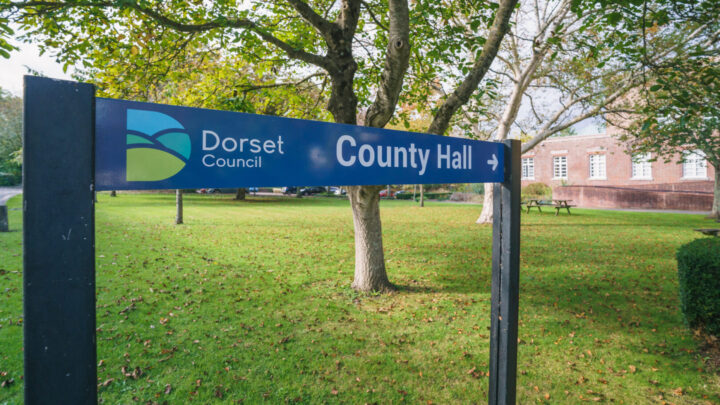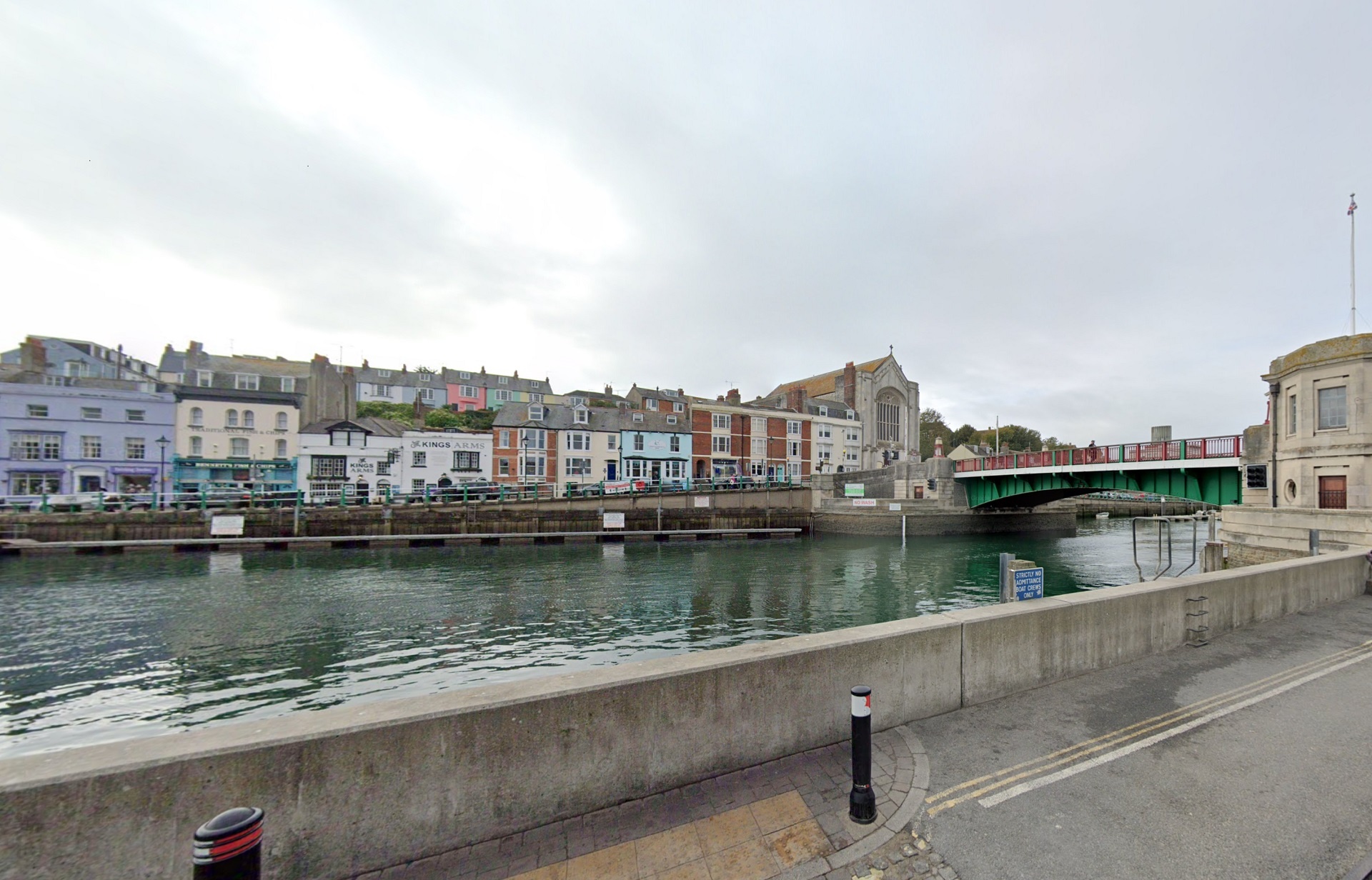by Trevor Bevins, Local Democracy Reporting Service.
Dorset council taxpayers will be facing increases of more than £2 per week for Band D homes next year – with the risk of also seeing a cut in some council services.
The prediction has been described as “significantly challenging” by finance portfolio holder Cllr Simon Clifford (Chickerell).
He says the situation has been made more difficult by delays in Government announcements on a number of key funding issues.
Cllr Clifford told Tuesday evening’s Cabinet meeting that the council’s hands were tied over the increase in council tax, to the maximum, and had no alternative but to go for the maximum rise.
“Any increase is a burden on our residents,” he said, agreeing to a Conservative question from Littlemoor and Preston councillor, Louie O’Leary, that the increase would be a ‘huge rise’ for some residents struggling with the cost of living crisis.
The council current forecast for the 2026/27 financial year reveals a projected funding gap of £44 million amid rising costs and economic uncertainty.
An assessment puts the financial risk to the council as ‘high’ warning that achieving a balanced budget may require “reprioritising services” – which could mean further cuts and increased charges and fees, currently estimated at around 4%.
Some of the gap will almost certainly have to be reduced by taking money from reserves which, in turn, will reduce the council’s ability to earn on investments.
The financial shortfall, as currently predicted for next year, equates to £117 for each Dorset resident.
A report into the council’s Medium-Term Financial Plan, which outlines financial strategy through to 2031, was presented to Cabinet this week and sets the stage for final budget decisions due in February 2026.
The report highlights significant financial pressures, including: £48 million in service budget pressures, an 11% increase; £3.7 million in central budget pressures and £7 million in expected funding uplifts.
Councillors were told that council tax is expected to rise by the maximum allowed without a referendum —3%— alongside a 2% adult social care precept. For Band D households, this would mean an increase of approximately £2.02 per week.
With continuing economic uncertainty Business Rates income is forecast to fall by 6.61%, which also reflects ongoing problems with arrears collection.
Pay inflation for the council is assumed at 3.2%, in line with national trends, while employer National Insurance contributions have already risen from 13.8% to 15%, adding further cost pressures.
Final proposals are due to be presented to full Council in February 2026.
















